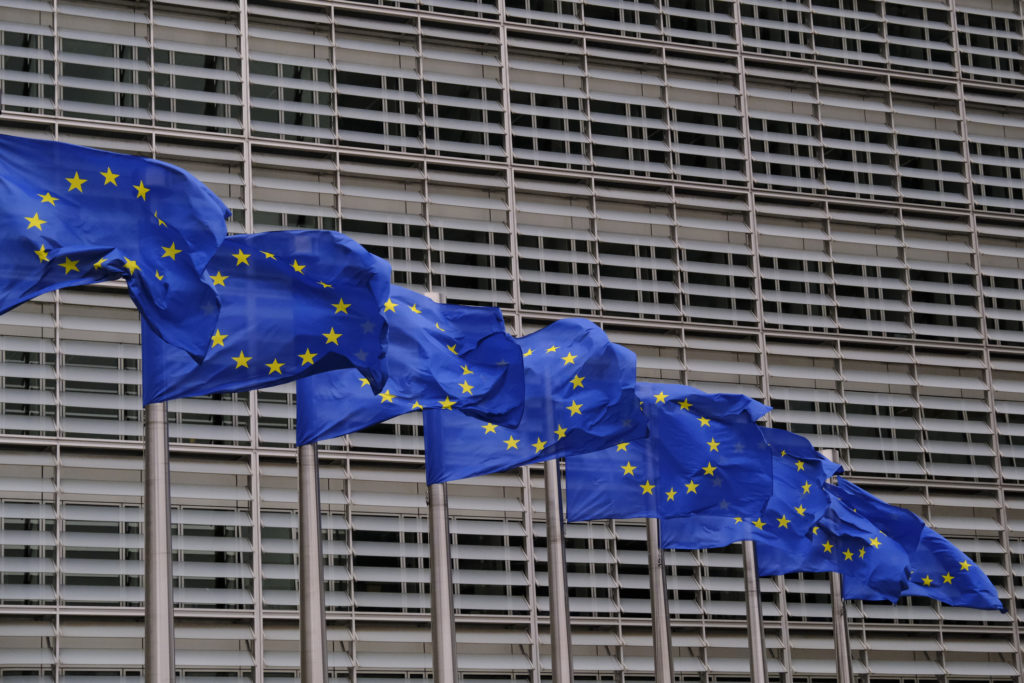In May 2004, a significant enlargement of the European Union heralded the integration of eight Central and Eastern European countries, along with two Mediterranean states. This ‘Team of Eight’, as they were colloquially known, embarked on a journey within the EU framework, expected to yield substantial economic and societal benefits. Two decades on, it is essential to reflect on whether these nations have indeed become richer and happier, an inquiry that invites a deep dive into various economic indicators and quality of life metrics.

A 20-Year Review of the Team of Eight’s Prosperity and Wellbeing
When examining the economic trajectory of these countries, it is critical to acknowledge the initial disparities in GDP per capita compared to their Western European counterparts. These disparities were anticipated to diminish as the new member states leveraged the advantages of EU membership, including access to a broader market and eligibility for structural funds aimed at fostering economic convergence.
Significant strides have been made in this regard, with most of the Team of Eight experiencing robust economic growth rates that often outpaced those of more established EU members. This growth was propelled by an influx of foreign direct investment, much of which was attracted by relatively lower labour costs and an increasingly skilled workforce. Enhanced infrastructure, another direct benefit from EU funding, has played a pivotal role in modernising these economies and integrating them more closely with the rest of the continent.
However, economic prosperity is but one lens through which to assess the impact of EU membership. Equally important is the effect on the general wellbeing and happiness of the population. Here, the picture is nuanced, reflective of improvements in some areas while challenges persist in others.
On the positive side, there has been a marked improvement in public services, including health and education, funded partly through EU subsidies. These enhancements have contributed to better overall health outcomes and higher educational attainment levels, which are critical components of societal wellbeing.
Yet, the migration of skilled workers towards Western Europe has presented a significant challenge. While remittances from abroad have provided economic benefits, the loss of young, educated individuals has led to demographic imbalances and a potential brain drain, which could stifle long-term growth prospects.
Social cohesion has also been tested by the varying speeds of economic development within these countries, leading to regional disparities. Urban areas, particularly capital cities, have often seen more substantial benefits from EU integration, while rural areas have sometimes lagged, highlighting the need for targeted policies to ensure more equitable development.
Two decades after their accession to the European Union, the Team of Eight has indeed become richer, and to some extent, happier. The economic benefits of EU membership are clear, reflected in higher GDP growth rates and improved infrastructure. However, the full spectrum of happiness and well-being is complex, influenced by a myriad of factors including social, demographic, and regional dynamics. While progress is undeniable, continuous efforts are necessary to address the ongoing challenges and ensure that the benefits of EU membership are broadly and equitably shared.
Looking ahead, the future trajectory of these countries within the EU context will largely depend on how effectively they can manage these ongoing challenges and capitalize on new opportunities. The European Union itself is evolving, with policies that increasingly focus on digital transformation and environmental sustainability. For the Team of Eight, aligning with these priorities presents a pathway to not only sustain economic growth but also enhance societal wellbeing in a more balanced and inclusive manner.
Digital innovation offers a particularly potent avenue for growth. The adoption of digital technologies can lead to greater efficiencies in both the public and private sectors, potentially offsetting some of the adverse effects of workforce migration by automating tasks and creating new job opportunities within the digital economy. Moreover, as remote work becomes more commonplace, it could help stem the tide of emigration by allowing citizens to work for companies based in wealthier EU states without leaving their home countries.
Environmental sustainability is another critical area. The EU’s ambitious climate targets call for significant reductions in carbon emissions, a policy direction that encourages investment in renewable energy and green technologies. For the Team of Eight, which includes countries heavily reliant on industrial manufacturing and coal, transitioning to greener energy sources not only aligns with EU policy but also promises long-term economic resilience and job creation in emerging sectors.
Social policies must also evolve to support this economic and digital transformation. Education systems need to adapt, providing skills that match the new demands of the digital and green economies. Additionally, social safety nets must be strengthened to protect those potentially displaced by these transitions. Such policies would not only mitigate the risks associated with economic modernisation but also ensure that the gains from growth are more widely shared among the population.
In evaluating the well-being of these nations, it becomes evident that happiness and prosperity are multifaceted and influenced by a variety of factors including economic performance, social equity, and environmental sustainability. As the Team of Eight continues to navigate their path within the EU, their success will increasingly depend on their ability to implement comprehensive policies that address these diverse yet interconnected aspects of national development.
Ultimately, the journey of the Team of Eight in the EU is a testament to the transformative power of integration and cooperation. While challenges remain, the past twenty years have shown that with the right policies and continued commitment, these countries can achieve not only economic prosperity but also a higher quality of life for their citizens. As we look to the future, it is clear that continued progress will require a balanced approach that fosters economic innovation while ensuring social and environmental sustainability.





